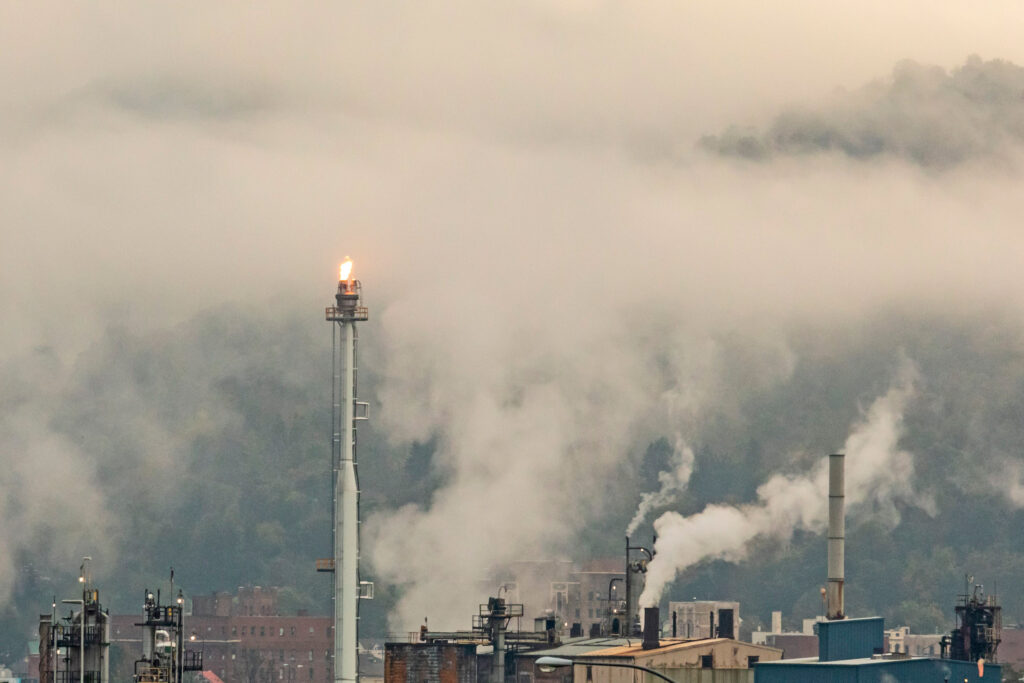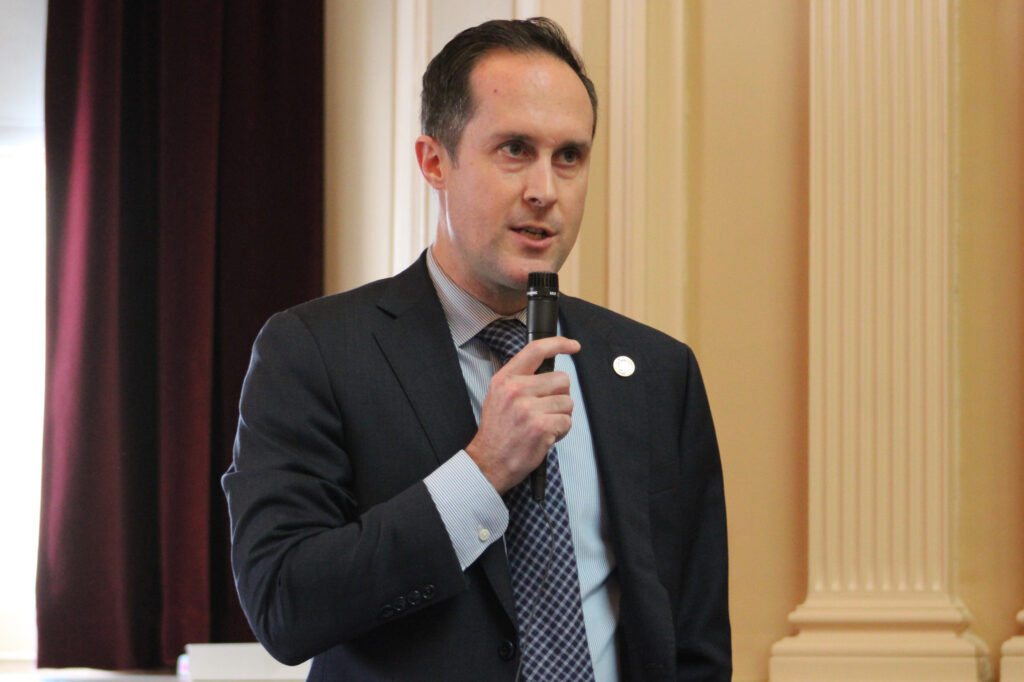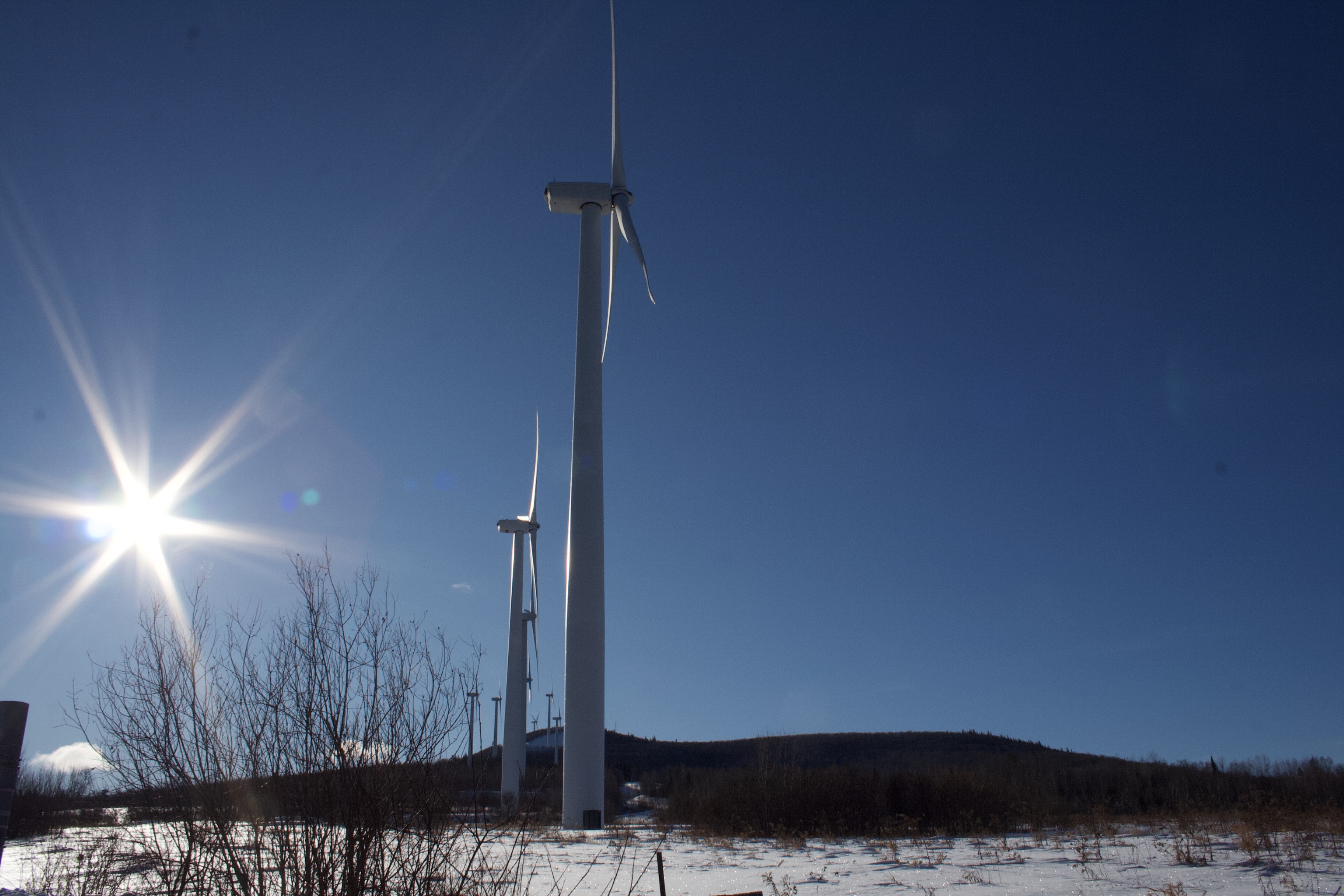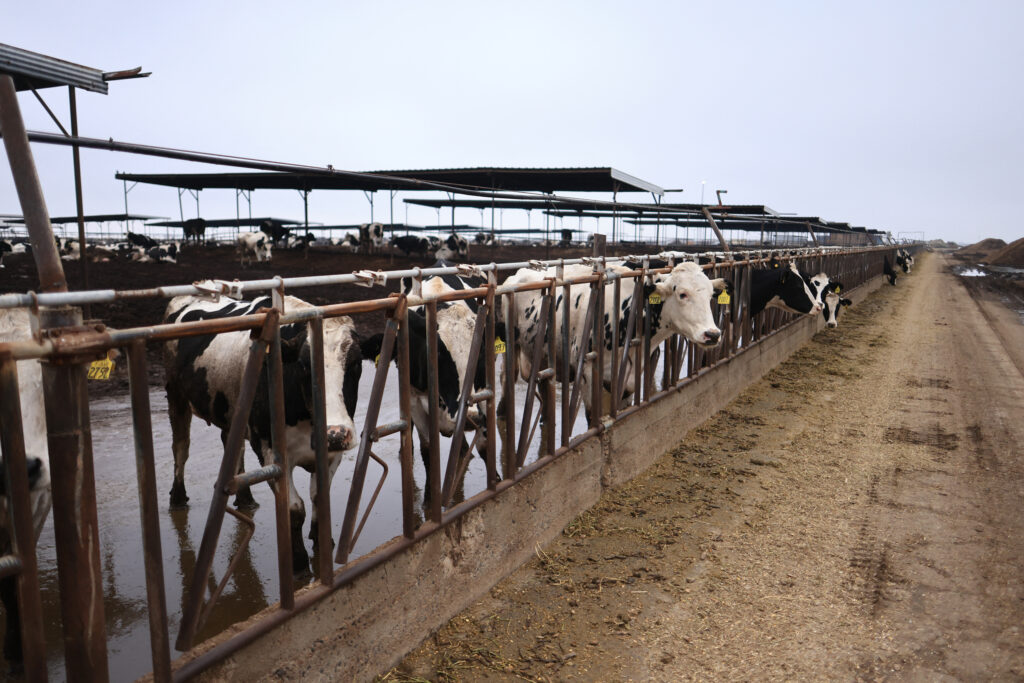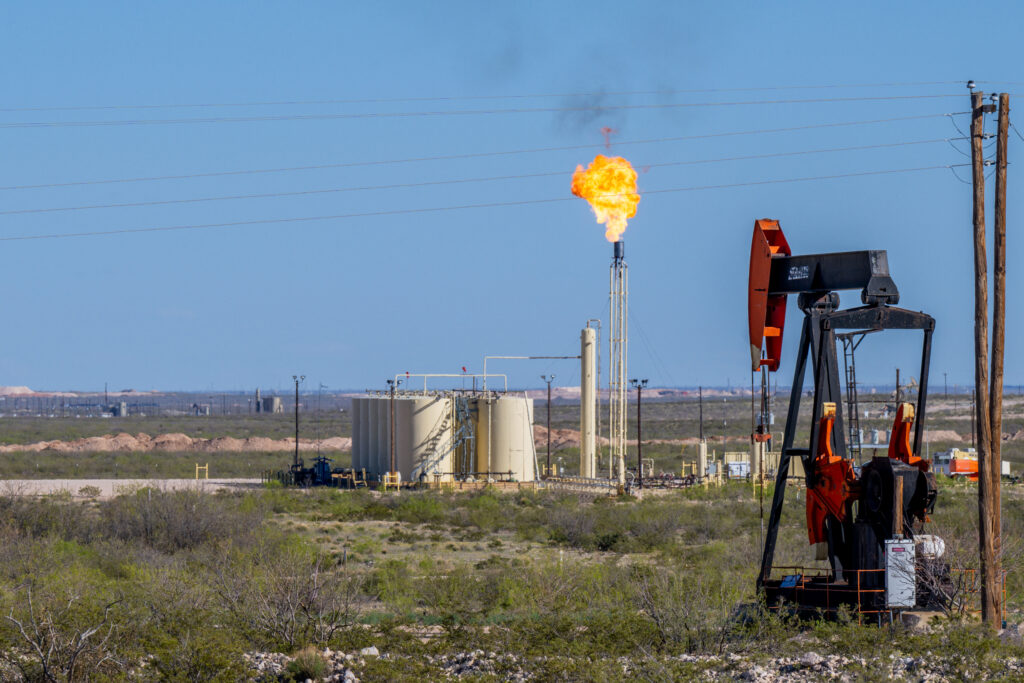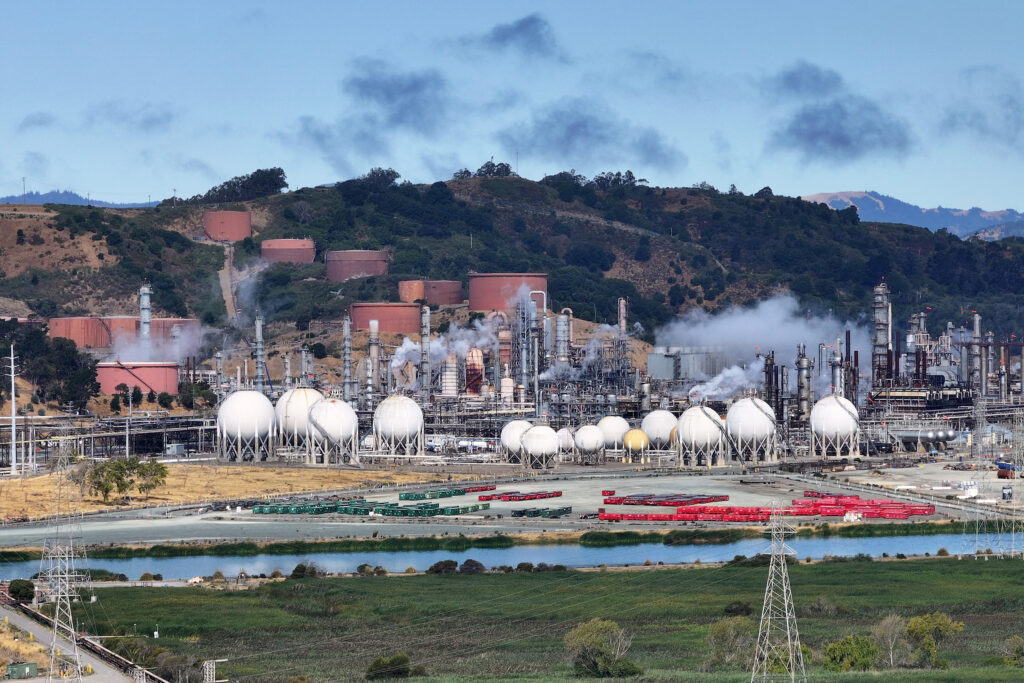Academics at the University of Manchester have published a paper identifying nine actions needed to help understand the ‘atomic lifecycle’ better.
With the world in the grip of a fuel crisis a group of experts from the UK’s most advanced nuclear research facility have released a report emphasising the role nuclear power can play in plugging gaps left by fossil fuels as nations strive to drastically reduce emissions.
Siting Implications of Nuclear Energy: A Path to Net Zero flags nine key actions that are necessary in order for the sector’s potential to be fully realised, unlocking its ability to responsibly and realistically deliver at the scale needed.
Authored by the leadership team at the University of Manchester’s Dalton Nuclear Institute, the work addresses how the industry and politicians can overcome major obstacles and concerns, including the management of waste and spent fuel. Safety standards at licensed and de-licensed sites, and a ‘tolerable legacy’ for the nuclear sector also feature, along with how local communities can be involved in determining areas suitable for nuclear power infrastructure.
‘In the UK, nuclear energy seems at last to be returning to the fore after decades of comparative, if productive, obscurity,’ said Professor Francis Livens, Director of the Dalton Nuclear Institute. ‘With the expansion necessary to help deliver our net zero ambition and the new applications envisaged for nuclear energy, the limited number of nominated nuclear sites in the UK is insufficient. Delivering on these ambitions will therefore require new nuclear sites to be identified, and new communities to accept nuclear facilities.
‘Common to all discussions about nuclear energy generation is the ever-present question of waste. Now would be a good time to ask ourselves questions concerning our future waste policy’, he continued. ‘Delivery of nuclear energy is a complex process, and we must aim to understand the whole lifecycle if we are to make the right decisions.’
‘It is only by addressing this issue now, taking time to understand the impact of the whole lifecycle, that we can achieve the scale of siting required. In this paper, we set out recommendations for a future waste policy that – once in place – will ensure the path is clear for nuclear energy to deliver on its net zero potential,’ added co-author Professor Gregg Butler.
For more on nuclear power and the UK’s transition to net-zero, revisit our feature on what the ‘green industrial revolution’ means for the next three waves of reactors.
Image credit: Nicolas Hippert



